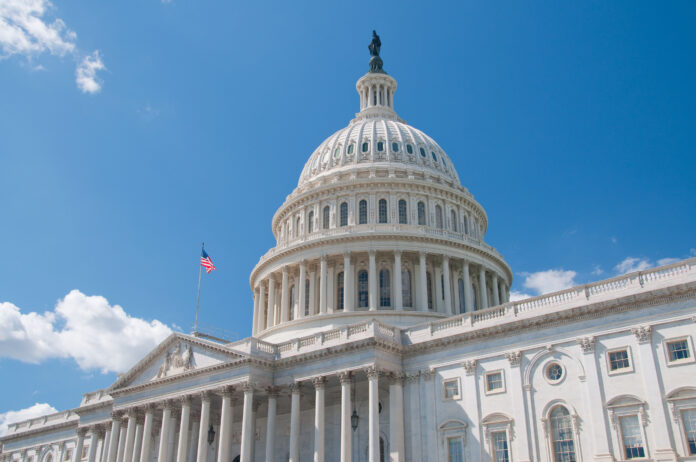The conclusion of a tumultuous year for the House reveals a notable trend: more Democrats than Republicans opting not to seek reelection, a discrepancy that may carry significant implications in the upcoming elections. Approximately two dozen Democrats have signaled their decision to step down, with half of them pursuing other elected positions. In contrast, only 14 Republicans have declared their departure, with three aiming for elected roles elsewhere.
While additional retirements are anticipated after the holidays, the current numbers do not suggest a mass exodus for either party due to dysfunction in the House. Notably, Republicans experienced more high-profile exits, such as the expulsion of Rep. George Santos and the departure of Rep. Kevin McCarthy, who chose to leave rather than serve among the rank-and-file after being removed from the speaker’s office.
The departure of certain Democrats in competitive districts has prompted Republicans to see an advantage in shaping the House’s control after the 2024 elections. Representatives Katie Porter of California, Elissa Slotkin of Michigan, and Abigail Spanberger of Virginia, who successfully navigated toss-up congressional districts, are now seeking higher offices within their states. Additionally, Democrats are losing Representative Dan Kildee of Michigan to retirement, creating another open seat to defend in a pivotal state for the presidential election.
In contrast, the Republicans leaving office typically represent districts with low chances of being flipped by Democrats. This has led Representative Richard Hudson, the chairman of the House Republican campaign arm, to assert that retirements pose a significant challenge for Democrats but not for Republicans.
By: Montana Newsroom staff




